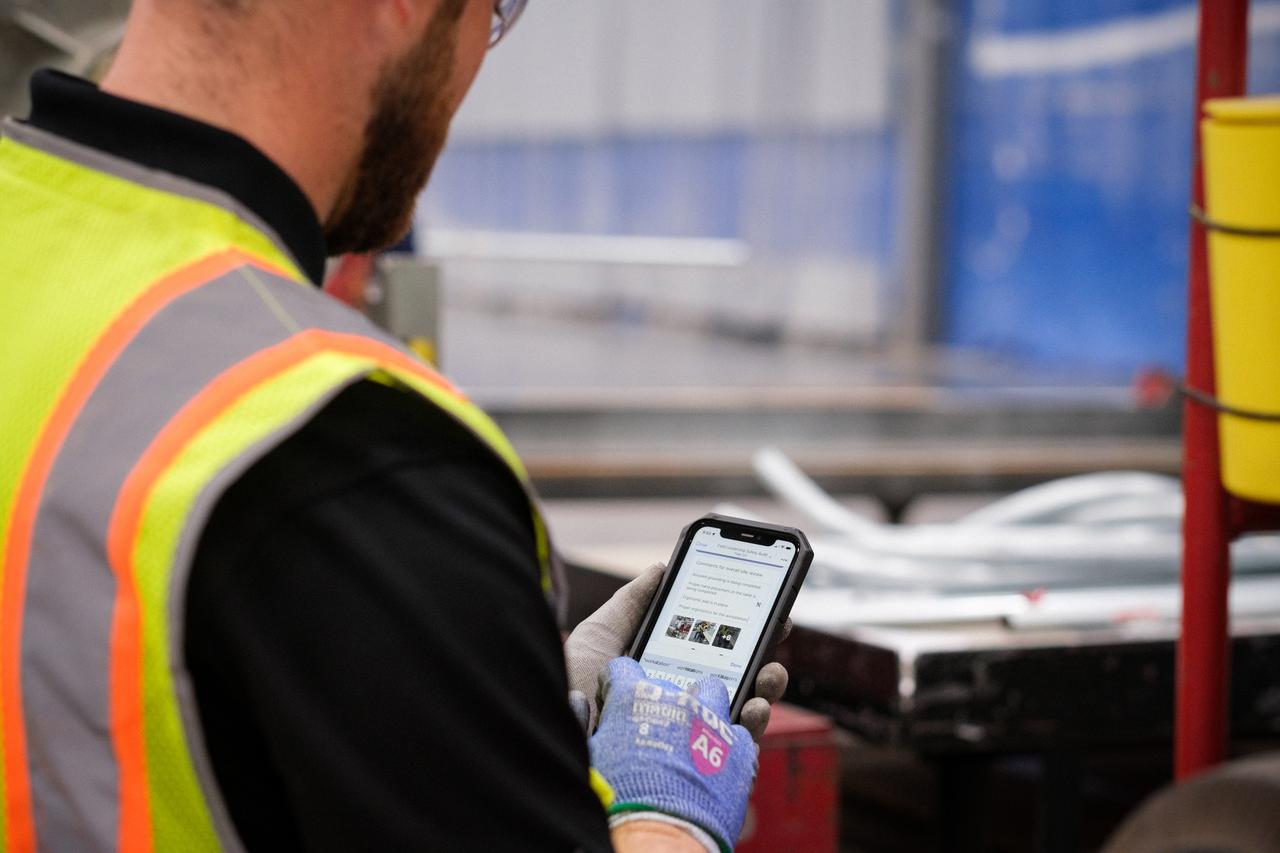Businesses nationwide are being advised to listen more to their workers as they spot issues quickly and have ideas about how to solve them, but aren’t being consulted by management.
Two-thirds (65%) of frontline workers in the UK say they spot operational issues monthly or more frequently, yet less than half (45%) see actions taken to address them within this timeframe.
According to a new report,* many believe the answers to operational issues come directly from those working at the coal face. More than half (55%) of frontline workers say that the best ideas for improvement are found within their ranks rather than from leadership (19%). Almost a third of workers (31%) stated that their bosses do not encourage improvements.
The report, informed by a YouGov UK-wide survey frontline workers, shows that around 9 in 10 (87%) believe that the business they are working in is failing to operate at its full potential or they are unsure about its performance.
In addition to ineffective management which is cited by 42% of frontline workers as a key reason for their business failing to maximise their full potential, respondents also flagged inadequate communication (39%) and training for staff (31%) as barriers. Three in 10 say the last time they had valuable training from their organisation that helped improve their work was a year or more ago. Concerningly, 13% of UK frontline workers feel they have never had any valuable training from their organisation.
The consequences of a lack of training are laid bare in the report. More than half (54%) of those surveyed believe that at least a few of their workplace’s injuries could have been prevented had those involved received better training and work instructions.
An organisation that has responded to the realities facing workers on the frontline is Network Rail. Commenting on the research findings, Grant Bell, Regional Facilities Manager for route services and property, said: “This research quantifies familiar challenges that become incredibly complex when operating at scale. Our frontline employees lie at the very heart of what we do at Network Rail which is why we’ve worked hard to respond to views like the ones expressed in this report.
“We’ve seen success from empowering frontline workers with digital tools that, for example, speed up planned general inspections, enable instant requests to be made for the right staff member to attend to an issue, and allow QR codes to be placed on equipment and machinery to support training and correct usage. Importantly, our staff are engaged because with real-time visibility of problems we can respond quickly, ultimately improving the customer experience we provide.”
Frontline workers represent 80% of the global workforce1, operating in essential industries such as manufacturing, construction, logistics, retail, hospitality and healthcare.
But these vital workers often face challenges in having their voices heard.
Feico Mol, SafetyCulture’s General Manager EMEA said: “Deskless workers are the lifeblood of the UK economy, powering some of our most essential industries. We must listen to them. Our report shows how operational issues are regularly observed by workers on the frontline, but not always addressed. Too often, frontline workers’ views are overlooked and areas that could improve operations such as investment in technology have been focused on office-based workers. The good news is that it’s not all doom and gloom with three in five workers we asked saying that they’re optimistic about the future of their organisation. We share their optimism and with the right tools and communications, businesses have the opportunity to harness the latent potential within their frontline teams.”
*Feedback from the Field’ from global technology company SafetyCulture,







